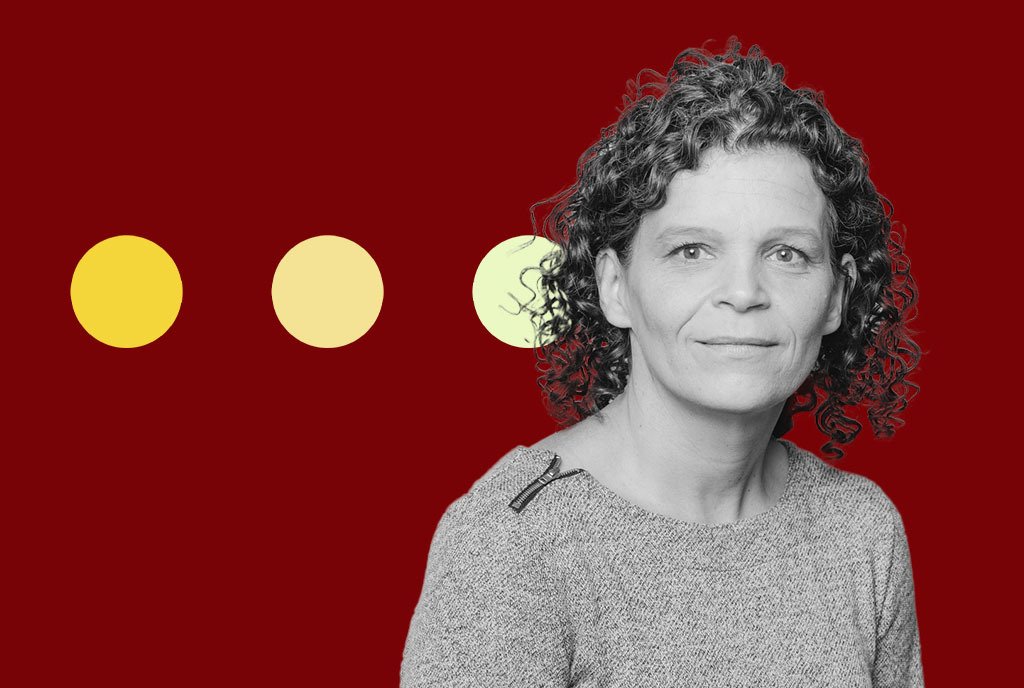
February 13, 2020; Vox
Last week saw the announcement of the bankruptcy filing of the McClatchy chain of newspapers. This is not good news, either for journalism or the free press. McClatchy includes the Miami Herald, which broke the Jeffrey Epstein case, and 30 properties that serve local communities across the country.
The good news is that McClatchy did not announce shutdowns and layoffs in its newsrooms. The bad news is that this is not a new story. Making a profit from the local newspaper business is simply not working, and is not going to work, according to venture capitalist John Thornton. But all is not lost. Thornton has plans and ideas for saving the local news media. And it all has to do with being a nonprofit.
Ten years ago, Thornton founded the Texas Tribune in Austin. The Tribune is a nonprofit newspaper that is sustained by reader donations, advertising, and philanthropy. Thornton is also a cofounder of the American Journalism Project, which is promoting the Texas Tribune model (along with a good amount of money) to local news organizations around the country. This project has raised funds (over $50 million) to allocate to local, digital and nonprofit publications. The three core functions of its work are making substantial grants to entrepreneurial civic news organizations, coaching and supporting those organizations, and becoming a catalyst for building a movement of financial support for independent local news.
Wow! It all sounds great. But is it working?
Peter Kafka from Vox interviewed John Thornton to gain his perspective on why local news needs to be nonprofit and, in so doing, can sustain itself via multiple revenue sources. Key in Thornton’s direction for journalism is the idea that no paper can “make it” on advertising and subscriptions to cover its costs. In this digital age, the economics just do not balance out. Thornton points to the reality that digital subscriptions are a money loser for local papers when you crunch the numbers, even as they are being held up as the alternative for falling advertising revues.
Sign up for our free newsletters
Subscribe to NPQ's newsletters to have our top stories delivered directly to your inbox.
By signing up, you agree to our privacy policy and terms of use, and to receive messages from NPQ and our partners.
“If you add up all the digital subscriptions in local news,” Thornton tells Kafka, “not the Wall Street Journal, not the Washington Post, not the New York Times…the nonprofit news industry is actually almost as big as that. And so that just gives you a sense for how minuscule a contribution that actually makes.”
The hope that a billionaire will come along and buy a for-profit paper and make it profitable is a pipe dream, according to Thornton. Although the American Journalism Project is funded largely by billionaires and foundations that were founded by them (including the Emerson Collective, the Arnold Foundation, Erin and John Thornton, and others), it doesn’t seek to maintain for-profit news entities. Its goal is to build nonprofit news organizations that respond to the people who read and use what they print.
This is very different than when Jeff Bezos bought the Washington Post and told executive editor Marty Baron, according to Thornton, “This is going to be a national paper.” There was nothing about that totally economic statement that indicated a desire to move to a nonprofit structure, but national news is the one place where the commercial subscription model can actually work, and unfortunately there is only space for so many national digital publications.
A more apropos example is in Salt Lake City, where Paul Huntsman, upon obtaining ownership of the Salt Lake Tribune, quickly decided to convert it to a nonprofit in the hope of keeping the paper alive.
At this time, the American Journalism Project has seeded the startup of eleven civic news organizations: Ten are in the continental US and one is in Puerto Rico. Each reflects the strong leadership and community buy-in this project requires. They represent a new, nonprofit style of local journalism. Will this be the next wave? It has certainly grabbed the attention of many.—Carole Levine













